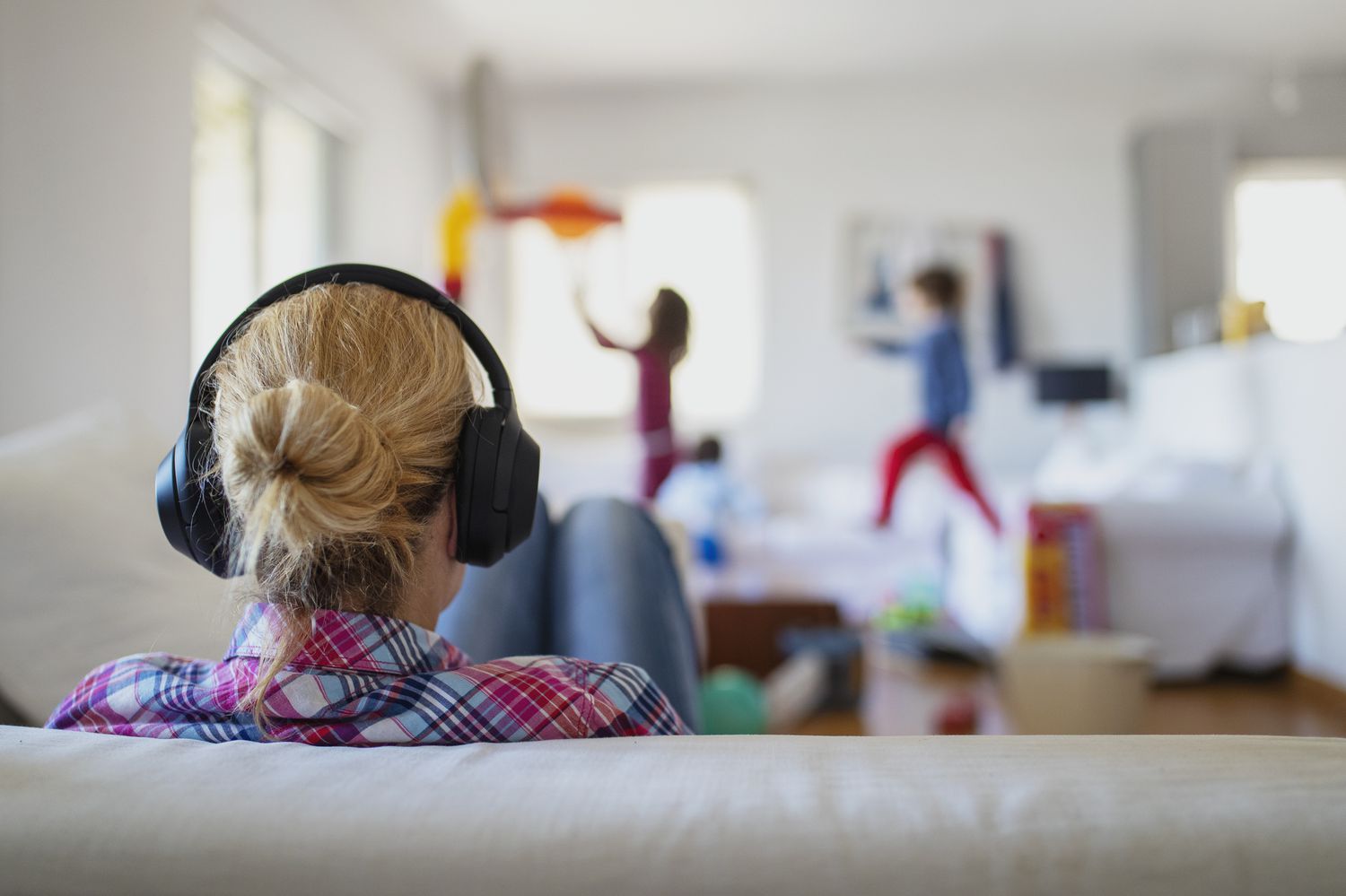Of all the various approaches to parenting, uninvolved parenting—also known as neglectful parenting—is often regarded as the most detrimental, with experts highlighting its profoundly negative impact on child development.
“Uninvolved parenting is characterized by a lack of parental responsiveness to a child’s needs,” explains Meghan Downey, PsyD, a licensed clinical psychologist. She further elaborates that in this style of parenting, there is minimal guidance, discipline, or emotional support provided to the child.
According to Whitney Casares, MD, MPH, a board-certified pediatrician and the founder of Modern Mommy Doc and The Modern Mamas Club App, uninvolved parenting involves setting minimal expectations for children and displaying dismissive behavior towards their emotions. Dr. Casares strongly advises against adopting this parenting approach based on her professional experience.
Mayra Mendez, PhD, LMFT, a licensed psychotherapist and program coordinator at Providence Saint John’s Child and Family Development Center, emphasizes that uninvolved parents exhibit a lack of engagement across all aspects of parenting. Their emotional presence is often described as detached, cold, and neglectful, with behaviors that demonstrate a lack of care and affection towards the child.
Characteristics of uninvolved parenting include a disregard for the child’s emotional well-being, failure to establish household rules, minimal involvement in the child’s behavioral development, lack of supervision, limited communication, and scarce displays of affection.
These traits can extend to the child’s academic environment, where the uninvolved parent shows little interest or participation in the child’s educational pursuits and extracurricular activities, as noted by Dr. Downey.
Uninvolved parenting is sometimes interchangeably referred to as neglectful, indifferent, or unresponsive parenting.
In real-life scenarios, uninvolved parenting manifests in various ways. Some parents may only provide basic necessities like food and shelter, while others may enforce minimal rules without addressing the child’s broader emotional needs. Additionally, some uninvolved parents may set excessively high expectations for their children without offering necessary support in acquiring skills or meeting basic needs.
Examples of uninvolved parenting behaviors include ignoring a child’s attempts to communicate, showing disinterest in the child’s interests, failing to express genuine care, and frequently leaving children unsupervised.
A lack of good coping skills, emotional regulation issues, and social and academic difficulties are all traits associated with children whose parents are emotionally distant, according to the research. These effects can persist into adolescence, leading to behavioral issues and engagement in risky behaviors.
Delinquency, substance misuse, and mental health problems including depression and low self-esteem are more common among adolescents whose parents are not involved in their lives.
Uninvolved parenting can stem from various factors, including a parent’s own upbringing, a busy schedule that limits parental involvement, or personal challenges like substance abuse or mental health issues.
While uninvolved parenting is acknowledged as harmful, it is essential to recognize that many individuals adopt this style unknowingly, often repeating patterns from their own upbringing.
Healing from the effects of uninvolved parenting involves acknowledging the negative impact, reflecting on how it has influenced one’s life, and seeking alternative ways to build healthy parent-child relationships. Professional therapy is often recommended to address these issues effectively.
For adults who were raised by uninvolved parents and are now parents themselves, enrolling in parenting classes or seeking therapy can help in developing new skills to foster meaningful relationships with their children and break the cycle of uninvolved parenting.

